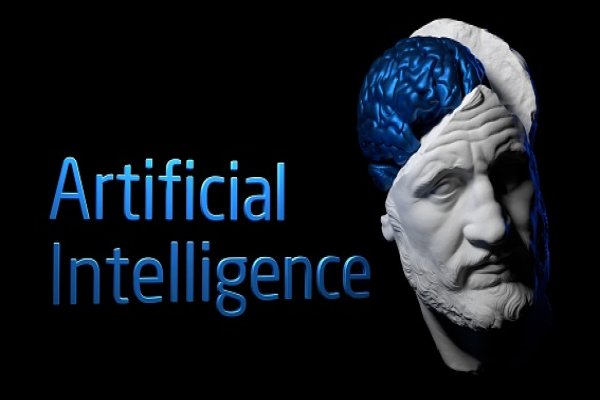AI continues to dominate the world, prompting both admiration and concern. Its increasing capabilities featuring in news reports every day are nothing short of remarkable.
The recent launch of ChatGPT, a rapidly growing technology platform, has caused waves of anxiety among writers, artists, musicians, coders, and others in similar professions who fear that Artificial Intelligence may soon replace their jobs.
Human accountants may be safe for the time being from being replaced by ChatGPT, according to a study conducted by Brigham Young University (BYU) in the US. The study found that human accountants outperform ChatGPT at accounting exams.
The study was conducted by 327 co-authors from across 14 countries, representing 186 educational institutions. They combined to provide 25,181 classroom accounting exam questions, making this a global effort.
AIS, auditing, financial accounting, managerial accounting, and tax are some of the questions this exam touched upon. Such questions ranged from true/false to multiple choice to short answers and covered various difficulty levels.
ChatGPT performed remarkably well on the law exams, averaging 47.4 percent, outstripping human students by 11.3 percent across various questions. Particularly impressive was its aptitude in Auditing and AIS.
The students achieved an average score of 76.7 percent, outperforming the machine. They particularly excelled in questions related to tax, financial and managerial assessments – likely due to the complexity of their mathematical processes, which ChatGPT could not grasp.
ChatGPT had greater success in answering true or false questions (68.7%) and multiple-choice questions (59.5%). However, it was not as successful when faced with short-answer questions.
Transform Teaching & Learning With The ‘Game Changer’ Tool
To further support the discussion about AI usage in education, the study’s lead author – BBYU’sprofessor of accounting, David Wood – set out to recruit as many professors that could assess how AI does compare to real students.
Wood says:
“When this technology first came out, everyone was worried that students could now use it to cheat,”
“But opportunities to cheat have always existed. So for us, we’re trying to focus on what we can do with this technology now that we couldn’t do before to improve the teaching process for faculty and the learning process for students. Testing it out was eye-opening”.
The significance of the new teaching and learning platform is groundbreaking; it has the power to revolutionize the education space. Despite being in its early stages, it has made progress in accounting, thus promising a much-improved approach toward teaching and learning.
At BYU, Melissa Larson co-authored and studied with Duane Beeson, an accounting professor. The two collaborated on their research projects.
Melissa Larson says:
“It’s an opportunity to reflect on whether we are teaching value-added information or not,”
“This is a disruption, and we need to assess where we go from here. Of course, I’m still going to have teaching assistants, but this is going to force us to use them in different ways”.
The study also uncovered additional intriguing findings: ChatGPT doesn’t always comprehend when performing maths, leading to mistakes like adding two numbers in a subtraction query or dividing numbers improperly. And even though its responses may be wrong, ChatGPT still supplies explanations for them.
The recent study conducted by researchers on accounting questions utilizes OpenAI’sGPT3.5 deep learning language model. However, the more advanced version of GPT4 has since been released and is expected to improve the same questions when used in this technology significantly.
The use of a chatbot holds the potential to be incredibly beneficial in enriching teaching and learning experiences. Utilizing it could offer enhanced assignment designs and tests and leverage the AI to possibly even draft portions of a project.
Jessica Wood says:
“It’s not perfect; you’re not going to be using it for everything,”
“Trying to learn solely by using ChatGPT is a fool’s errand.”
Therefore, individuals and organizations must stay informed about the latest developments in AI and prepare accordingly. This could involve upskilling and reskilling to stay competitive in the job market or investing in AI technology to improve efficiency and productivity.
Overall, while the future of work may be uncertain, staying adaptable and embracing change can help ensure long-term job security in the age of AI.
Source: Euronews



